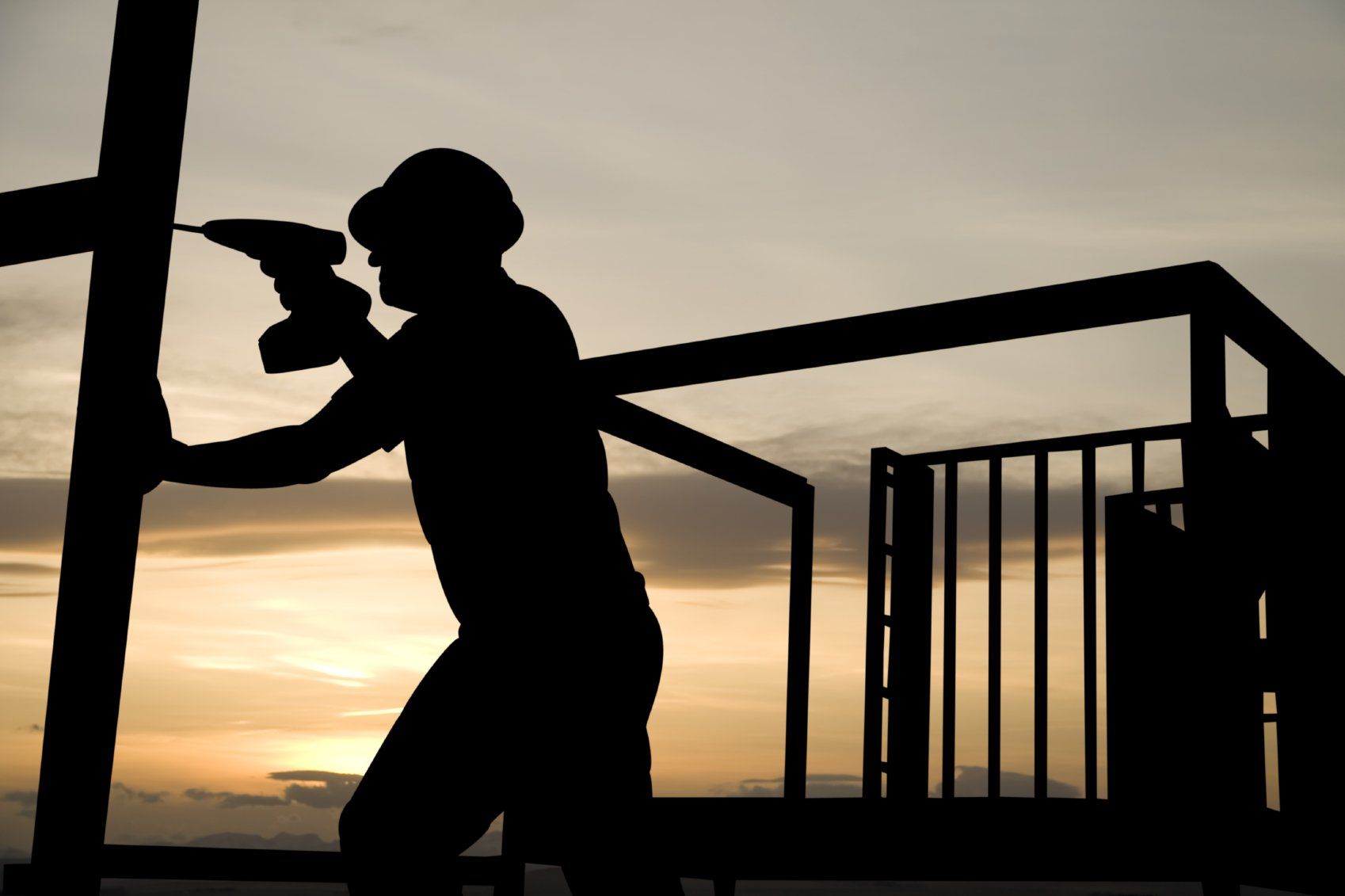Family First Aid One day Weekend Course - Be hands on before the Emergency Services arrive
Could you help a family member, a friend or next door neighbour?

Every year in the UK almost 6,000 people die in home accidents and 2.7million visit their local accident and emergency departments seeking help.
The most common place for accidents to happen is in the home; with today’s ambulance waiting times, and First Responders working flat out to attend incidents at home, work – in fact anywhere you can think of, why wouldn’t the average person choose to ensure they have the correct first aid skills to help their loved ones, their colleagues – even strangers.
In the East of England, which has one of the longest ambulance response times in the UK. the median response time for a life-threatening attendance is 23.50 minutes[1] This is because they are stretched and under a huge amount of pressure.
Could you help take some of that pressure off this amazing service?
Many cases considered a lesser emergency can wait hours. We have all heard of the horror stories of people waiting over 10 hours even 24 hours; these are isolated cases but still do unfortunately happen.
Could you be useful during the wait?
Falls are the most common accidents and can cause serious injury at any time of life, but prompt attention to the injury could negate problems further down the line. The risk of life-threatening injury from a fall increase with age. More women than men over the age of 65 die as a result of an accident in the home; however, among children more boys than girls have accidents at home. Surprisingly, the vast majority of accidents happen in the lounge/living room than anywhere else in the home.
Hindsight is a beautiful thing
So, would you know what to do in an emergency situation at home? Many people don’t and with hindsight wish they had thought about learning First Aid. There are many courses available that target specific needs but learning the basic Fist Aid principles could make the injured person more comfortable and instil confidence that they are in safe hands while they are in pain.
Could you Prevent them getting worse and promote recovery?
Accidents that need immediate First Aid can happen anywhere, and having the confidence, skills and knowledge to help while you wait for an ambulance or first responder, could possibly save a life.
Could you be trained?
DAC Education Family First Aid training will teach you all skills you need to deal with situations that arise unexpectedly. Small classes mean you get individual attention and can have a ‘hands on’ experience with all the right equipment and instruction from an experienced professionals.
[1] Source: *
www.ambulanceresponsetimes.co.uk by Totally



















